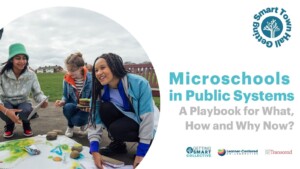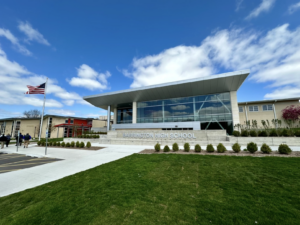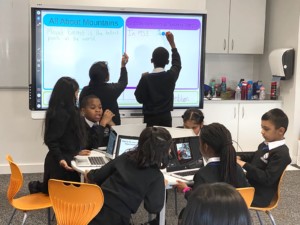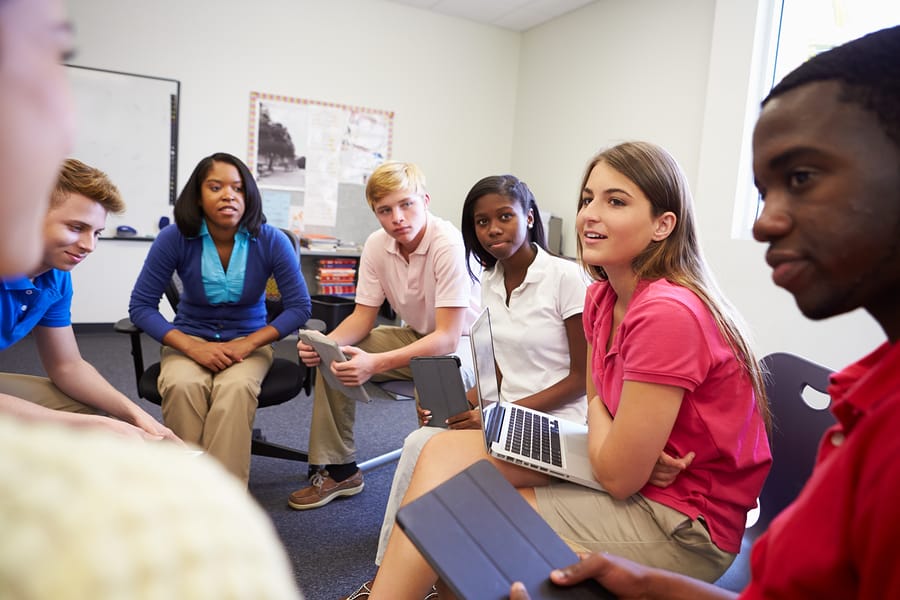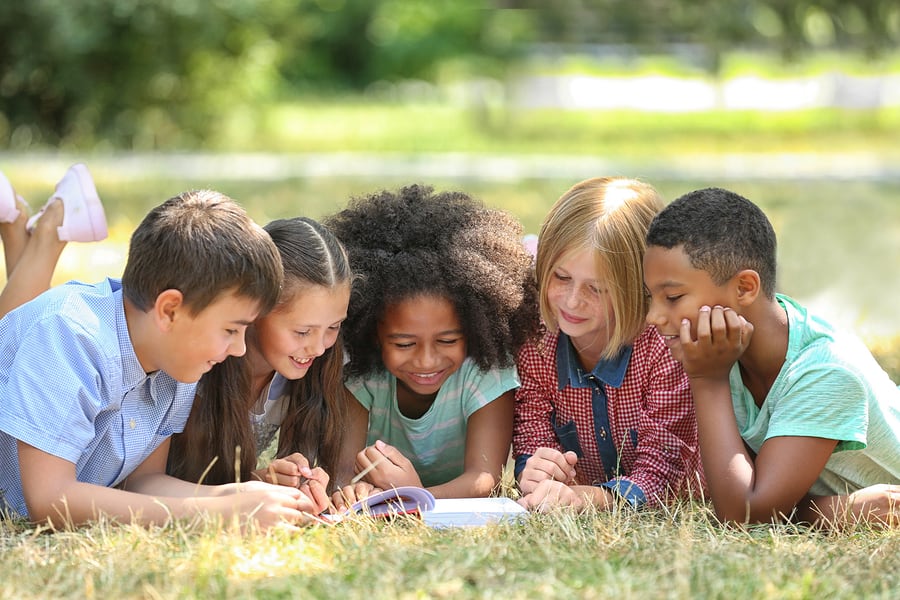The State of the American High School in 2024
Discover the current state of American high schools through observations from our recent school visits and tours across the country.
The New Fundamentals: Tools to Optimize Remote and Blended Learning and How Educators Can Use Them This Year
Global education advisor Giancarlo Brotto explores how edtech is transforming instruction to make learning more visible, accessible, and progressive.
Students Are Calling BS on High School and Opportunity Knocks
Schools talk a lot about personalizing learning, of meeting kids where they are, and yet we see most high schools continue forward with prescribed, discipline-specific courses that continues to isolate disciplines from one another despite the fact that they are highly interrelated.
Artificial Intelligence and Adaptivity to Strengthen Equity in Student Learning
Artificial intelligence has the potential to support educators and the creation of learning opportunities for each student–and educators are already using AI to adapt their work.
California Revamping Math Frameworks: The Need For Data Science, Equity and Deeper Learning
California is preparing new frameworks in math that include a shift towards data science, as well as increased equity and opportunities for deeper, applied learning.
Phonological Awareness: The Number One Predictor of Reading Success
Jeanne Jesup shares why learning to read is not automatic and happens way before kids understand that letters stand for sounds.
The Ready Player One Test
Dagan Bernstein explores four guidelines for the implementation of learning that uses immersive technology.
Whose Accountability System is this Anyway? Kentucky’s Journey Toward Shared Ownership of Assessment and Accountability Systems
Kentucky is one of the proud recipients of this year’s Competitive Grant for State Assessment (CGSA) awards from the US Department of Education. One of the key challenges of the current assessment and accountability system - the lack of coherence between the demands of the state and what local communities value.
The School as a Whole Community Resource
Schools can serve as dynamic centers of community engagement by sharing resources, involving guest professionals, and fostering mentorship, benefiting both students and the community.
Excerpt: Learning in the Age of Climate Disaster
Here is an excerpt from the book Learning in the Age of Climate Disasters: Teacher and Student Empowerment Beyond Futurephobia.


